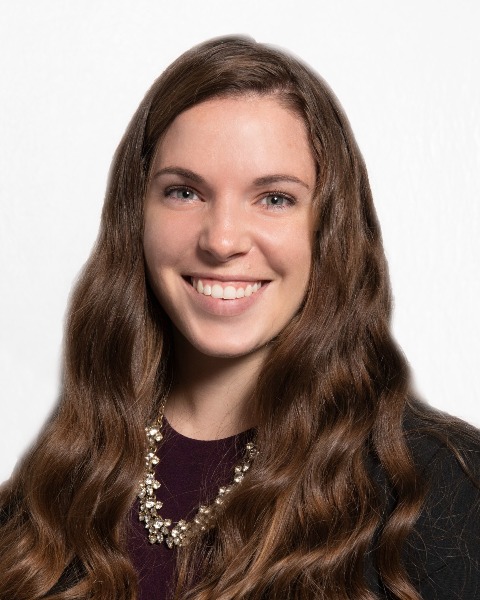Assessment and Management of Delirium in Hospitalized Stroke Patients at an Academic Medical Center
-

April Chapman, PharmD, MBA, (she/her/hers)
New Hanover Regional Medical Center
Wilmington, North Carolina, United StatesDisclosure information not submitted.
-
MF
Marina Feldman, PharmD, BCCCP
Neurology Clinical Pharmacy Specialist
Cleveland Clinic, United StatesDisclosure information not submitted.
-
DP
David Popa, PharmD, BCPS
Neurology Clinical Pharmacist
Cleveland Clinic, United StatesDisclosure information not submitted.
-
.jpg)
Simon Lam, BCCCP, BCPS, PharmD
Outcomes Research Clinical Specialist
Cleveland Clinic
Avon, Ohio, United StatesDisclosure information not submitted.
First Author(s)
Co-Author(s)
Title: Assessment and Management of Delirium in Hospitalized Stroke Patients at an Academic Medical Center
Introduction/Hypothesis:
Delirium following an acute stroke event is associated with increased morbidity and can lead to longer lengths of hospital stay and increased mortality. These patients may experience additional negative functional outcomes if delirium is not appropriately assessed and managed. Evaluation of the assessment and treatment of stroke patients may lead to antipsychotic stewardship opportunities for pharmacists. The goal of this study was to determine the prevalence of bCAM assessments and correlation with treatment in delirious patients within the stroke population. The primary outcome of this study is the number of patients that were bCAM negative and received antipsychotics. Secondary outcomes include number of documented bCAM assessments per day, duration in days of positive bCAM, number of antipsychotics used during admission, the frequency of use for each antipsychotic, and the frequency of antipsychotics prescribed at discharge.
Methods:
A retrospective chart review was conducted to identify stroke patients with delirium who had documented bCAM assessments during their hospitalization. Data from 159 patients admitted to the non-ICU neurology units at Cleveland Clinic Main Campus between May 1, 2016 and July 31, 2019 were collected. Patient demographics were collected and bCAM assessments and antipsychotic agents used during the stay were analyzed.
Results:
Sixty-five patients (median age 74 years) with a stroke diagnosis were included in this study. Patients had a median National Institutes of Health Stroke Scale (NIHSS) score of 7.5. Ten patients had underlying psychiatric disorders including dementia, schizophrenia, depression, and bipolar disorder. Twenty-four patients (44.4%) received antipsychotics when they were bCAM negative. Fifty-one (78.5%) patients received at least one antipsychotic during admission. The most frequently used antipsychotic agent was quetiapine (55.4%). Twenty-three patients (35.4%) were discharged on antipsychotic medications.
Conclusion:
The findings of this study identify important opportunities for pharmacists to help steward the use of antipsychotic agents in stroke patients with delirium, including identifying patients who may not need antipsychotics on discharge and recommending taper plans to prevent long-term or unnecessary antipsychotic use.
